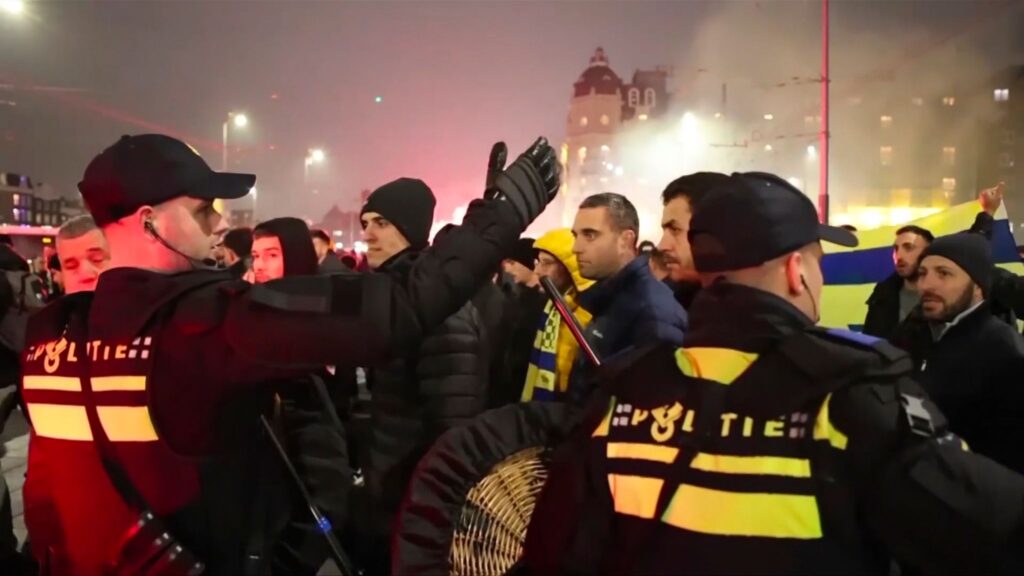The decision to ban Maccabi Tel Aviv supporters from attending the upcoming Europa League match against Aston Villa has sparked widespread controversy across political and sporting circles. The fixture, scheduled for 6 November, has been deemed “high risk” by West Midlands Police due to security and safety concerns linked to previous violent incidents.
According to police, intelligence suggested potential threats to public safety based on previous clashes, including last year’s violence during Maccabi Tel Aviv’s match against Ajax in Amsterdam. That encounter saw significant unrest, resulting in dozens of arrests and several injuries. Authorities believe preventing away fans from attending is necessary to mitigate the risk of disorder and ensure the safety of all spectators and residents.
However, the move has drawn sharp criticism from senior political figures. Prime Minister Keir Starmer condemned the ban as “the wrong decision,” stressing that Britain must not allow antisemitism to influence sporting events. He asserted that the role of the police is to ensure that all football supporters can enjoy matches safely and without fear of intimidation or discrimination.
Opposition leader Kemi Badenoch described the ban as a “national disgrace,” calling on the government to overturn it immediately. Meanwhile, Israel’s foreign minister, Gideon Sa’ar, labelled the decision “shameful” and urged British authorities to reconsider, while the Palestine Solidarity Campaign argued that Israeli clubs should be barred from international competitions due to the ongoing conflict in Gaza.
Aston Villa stated that the local Safety Advisory Group had instructed the club not to admit any away fans for the game. The club emphasised that it continues to liaise with both Maccabi Tel Aviv and local authorities, highlighting that the welfare of supporters and residents remains the top priority.
Some local representatives, including Independent MP Ayoub Khan, supported the decision, citing the need to avoid potential unrest and maintain public order. Uefa clarified that while it oversees competitions, responsibility for safety and security rests with national and local authorities, who make determinations based on risk assessments.
The situation underscores the growing challenges European football faces in balancing fan safety, political sensitivities, and the principles of inclusion and fair play on the international stage.

